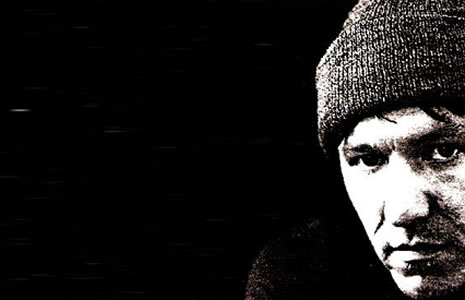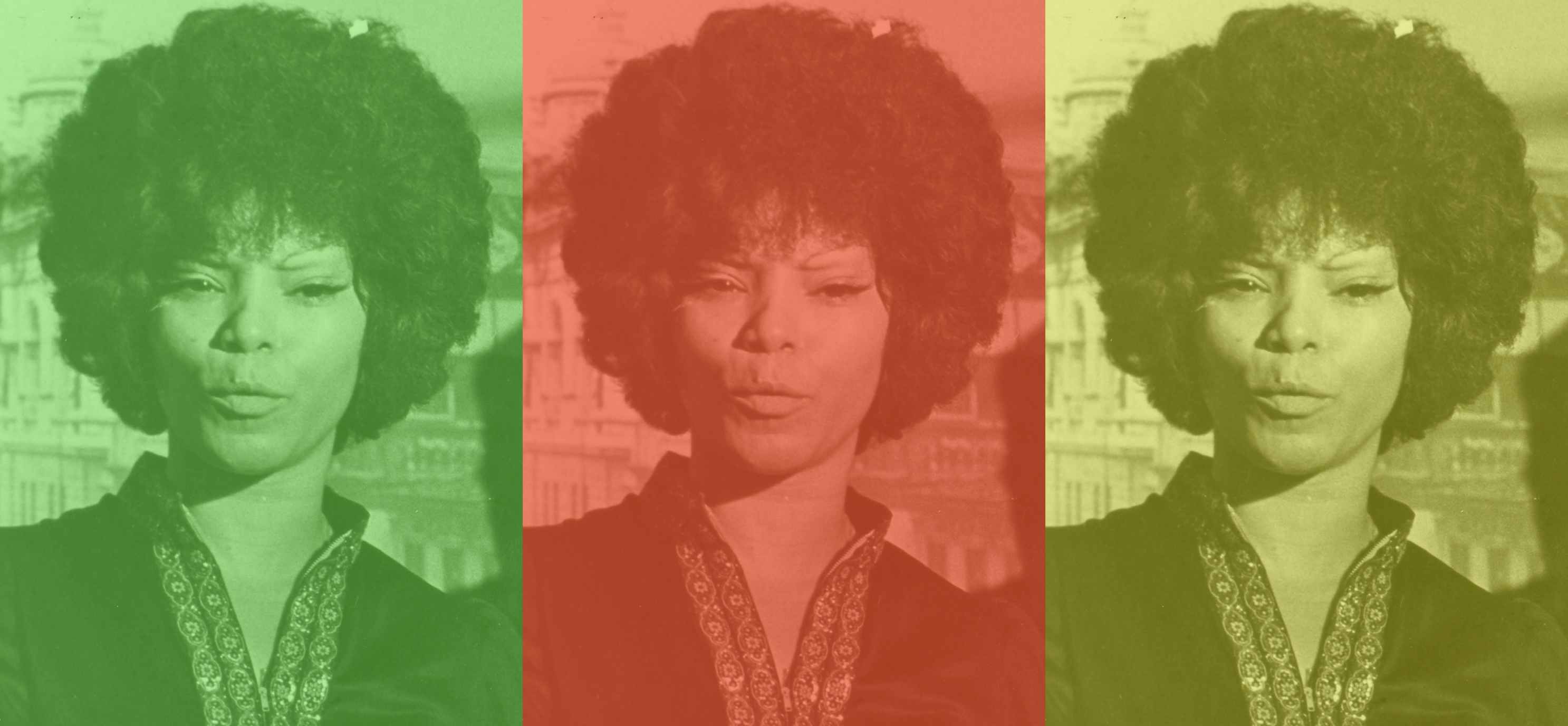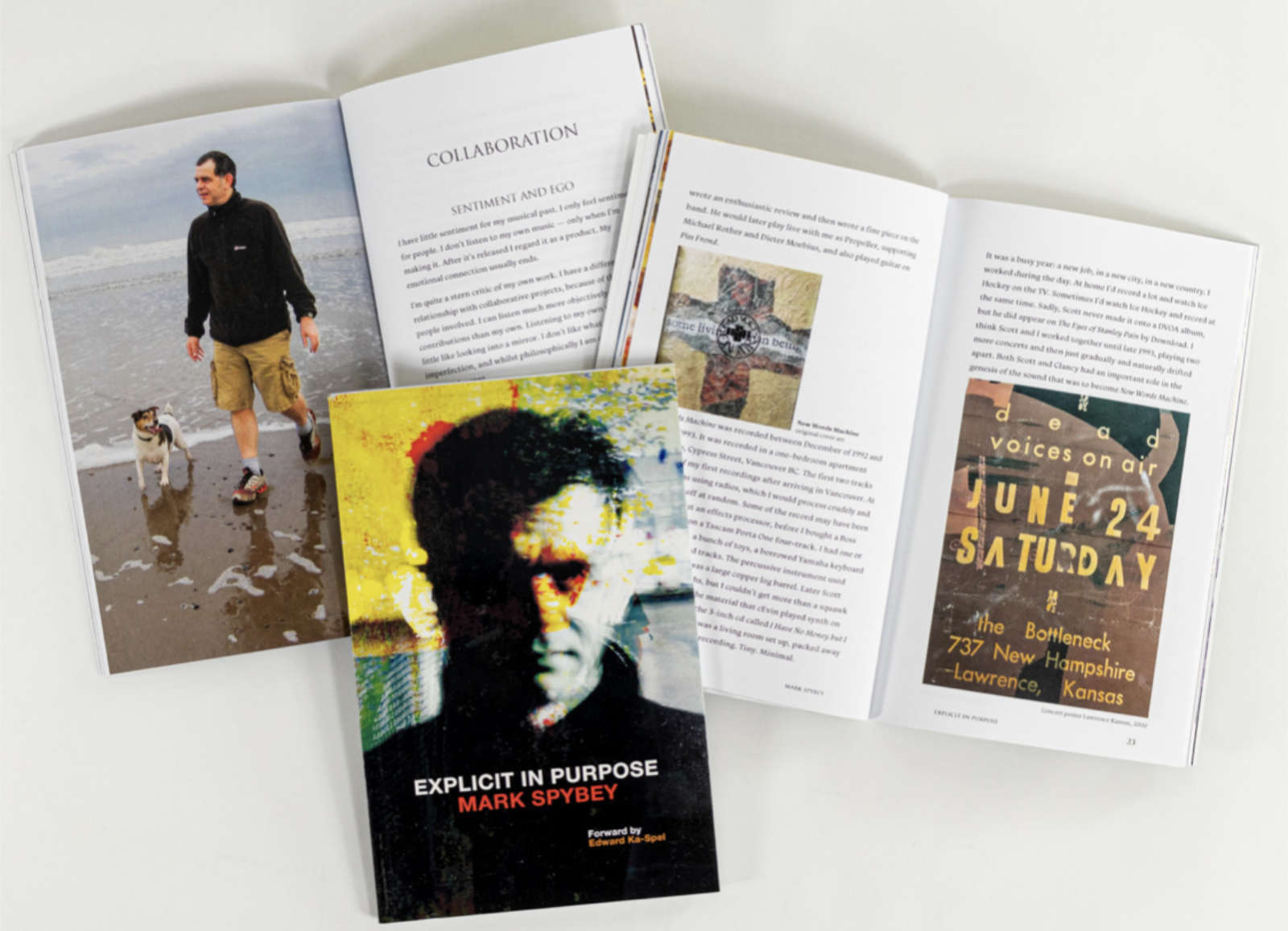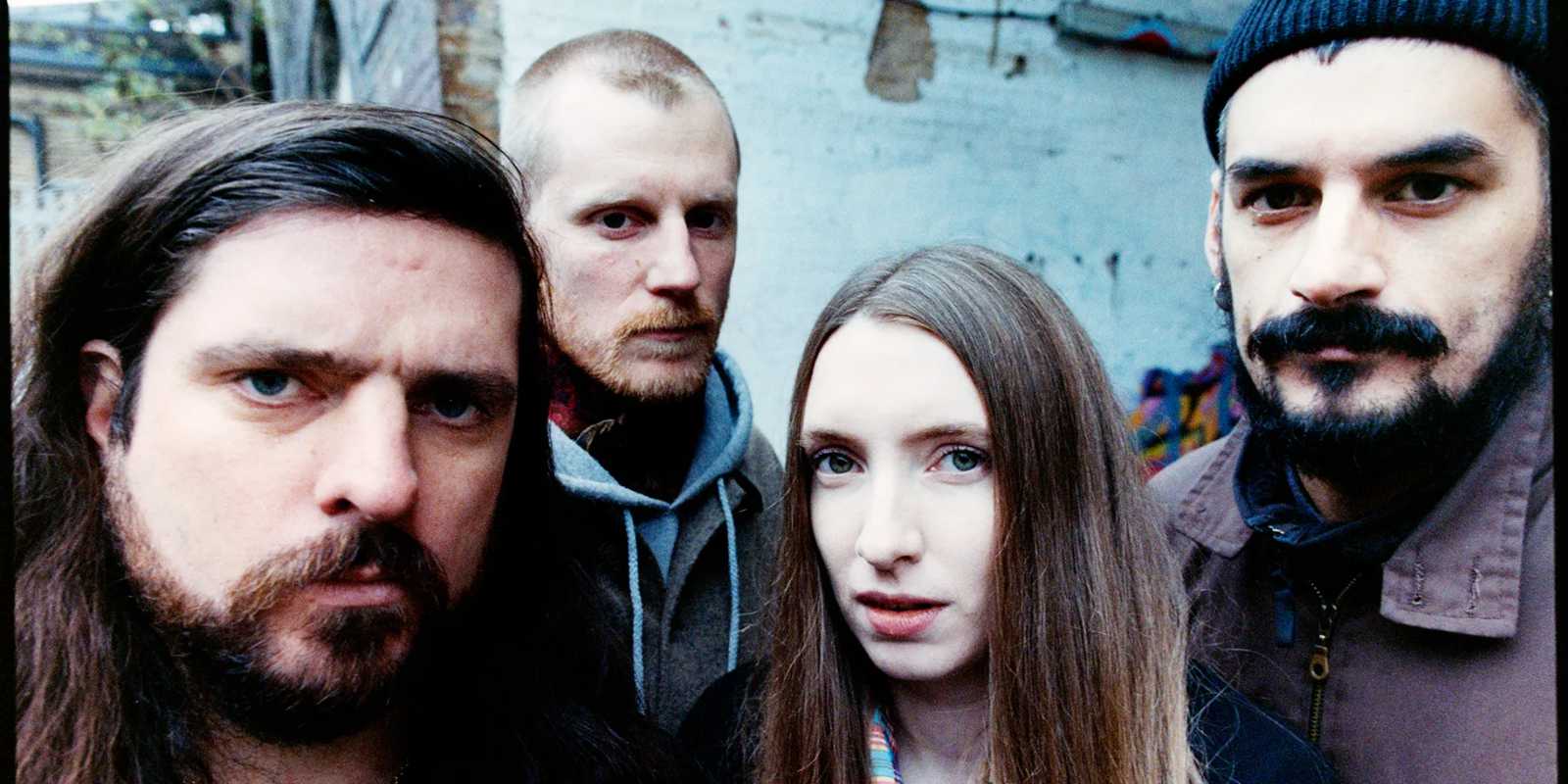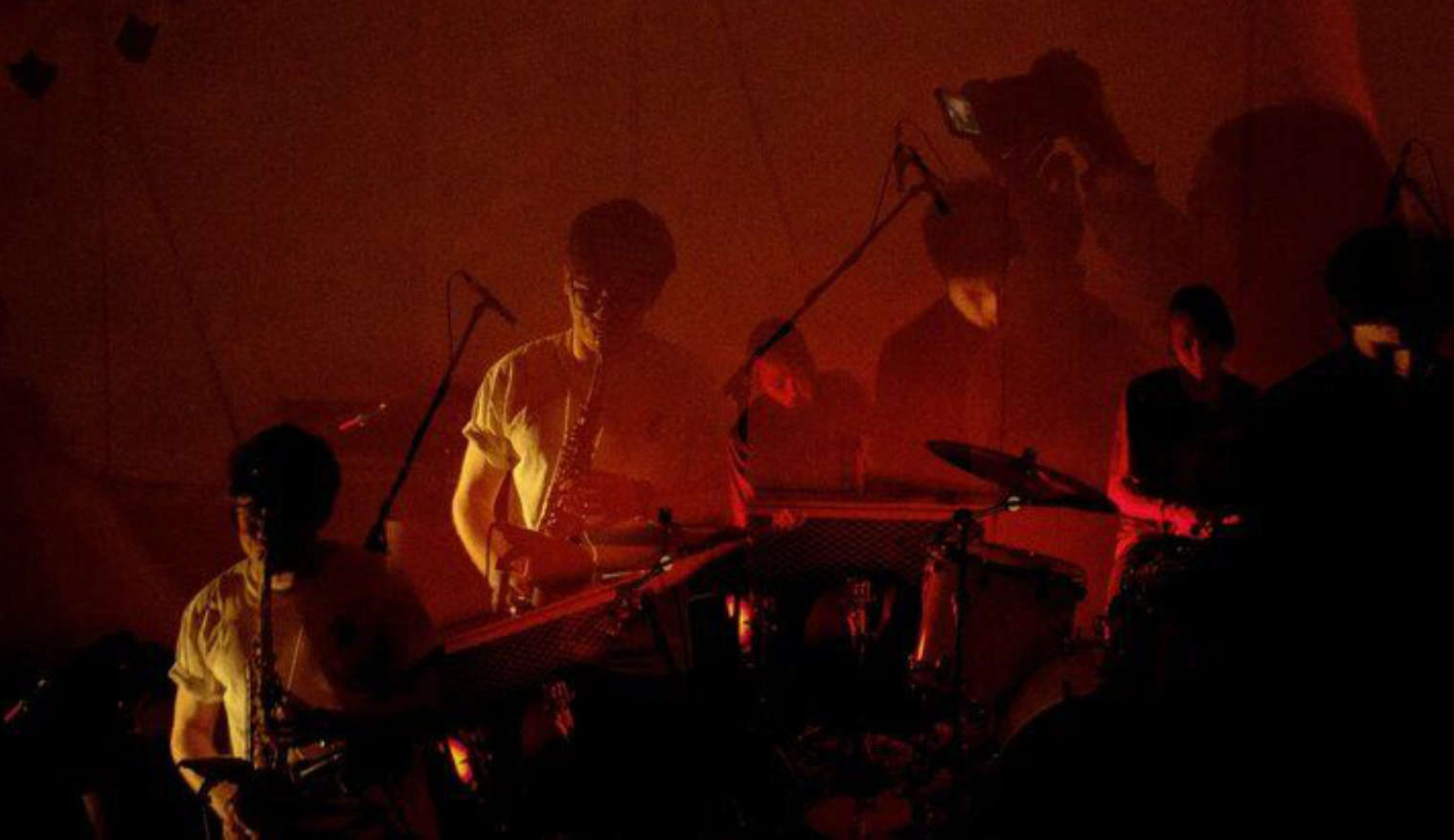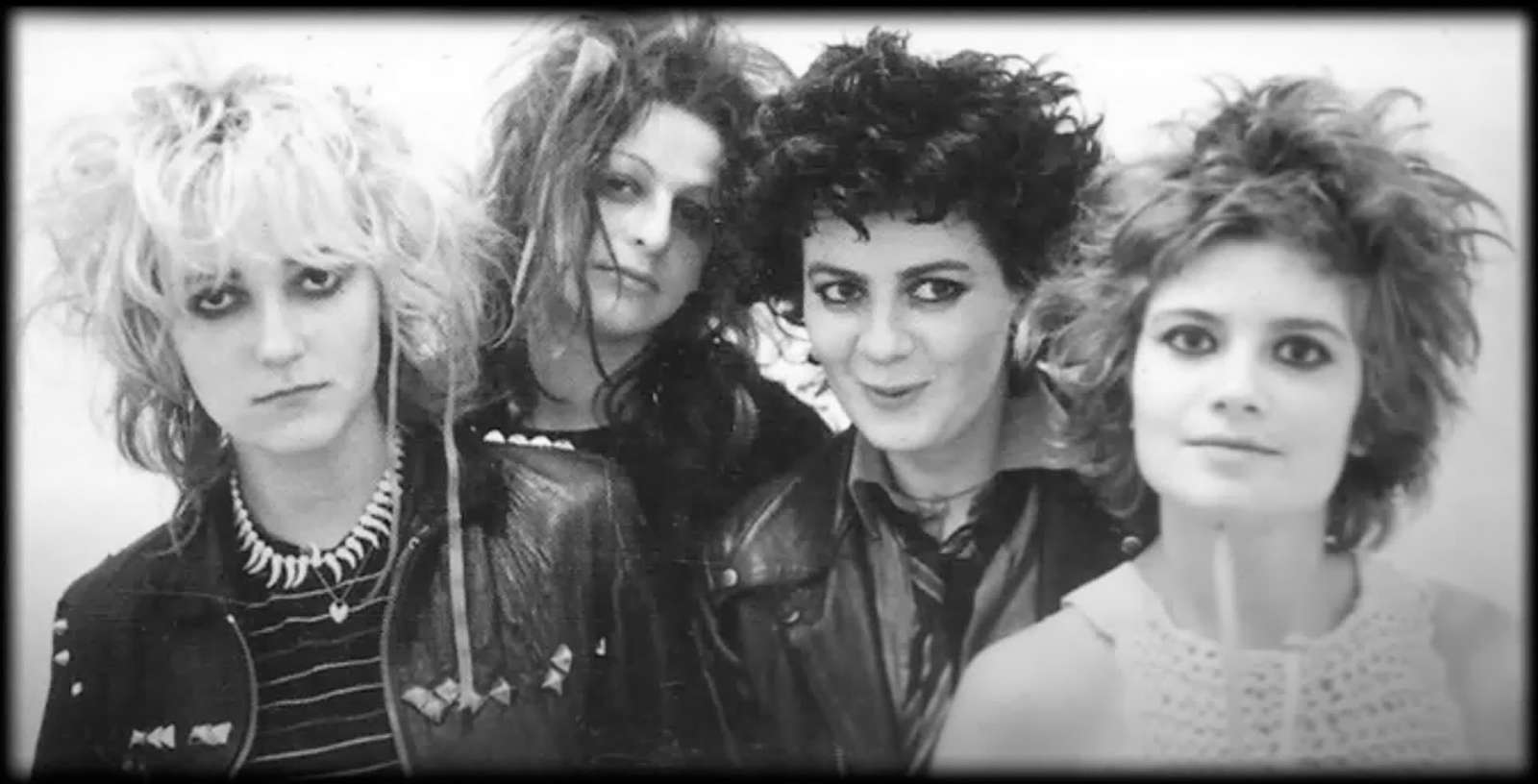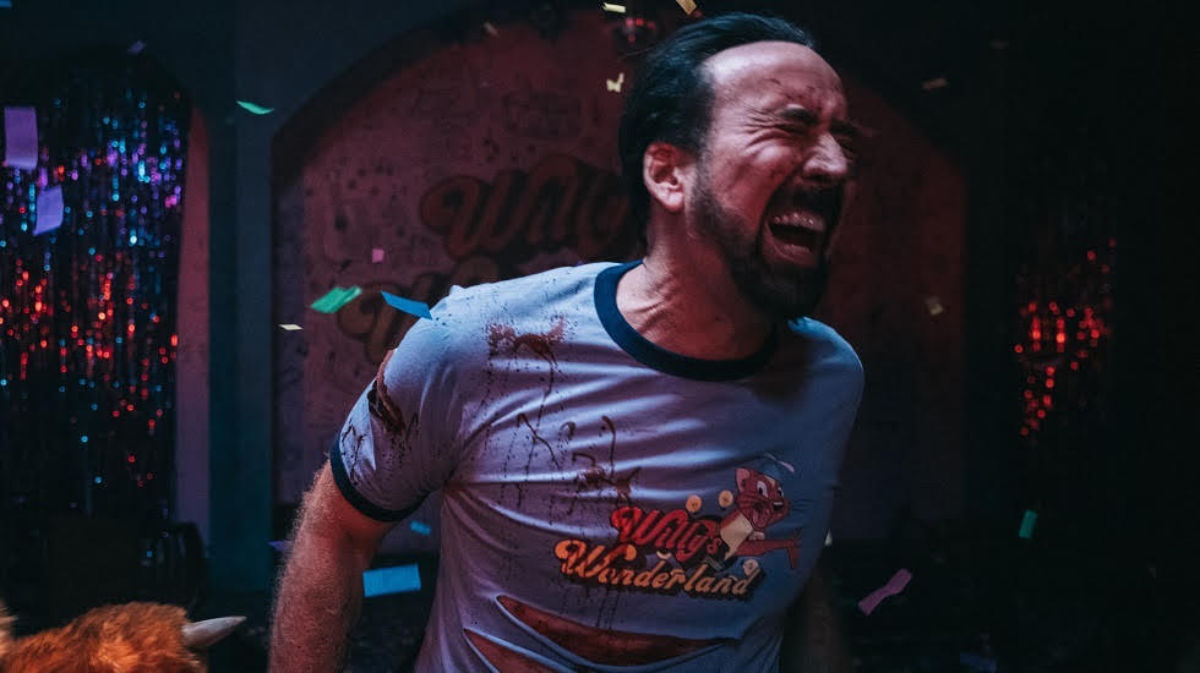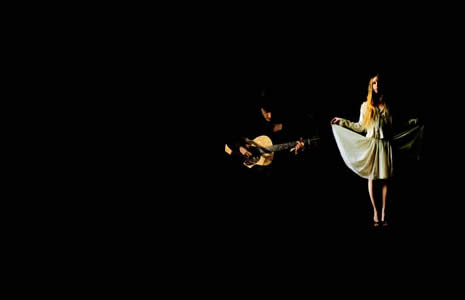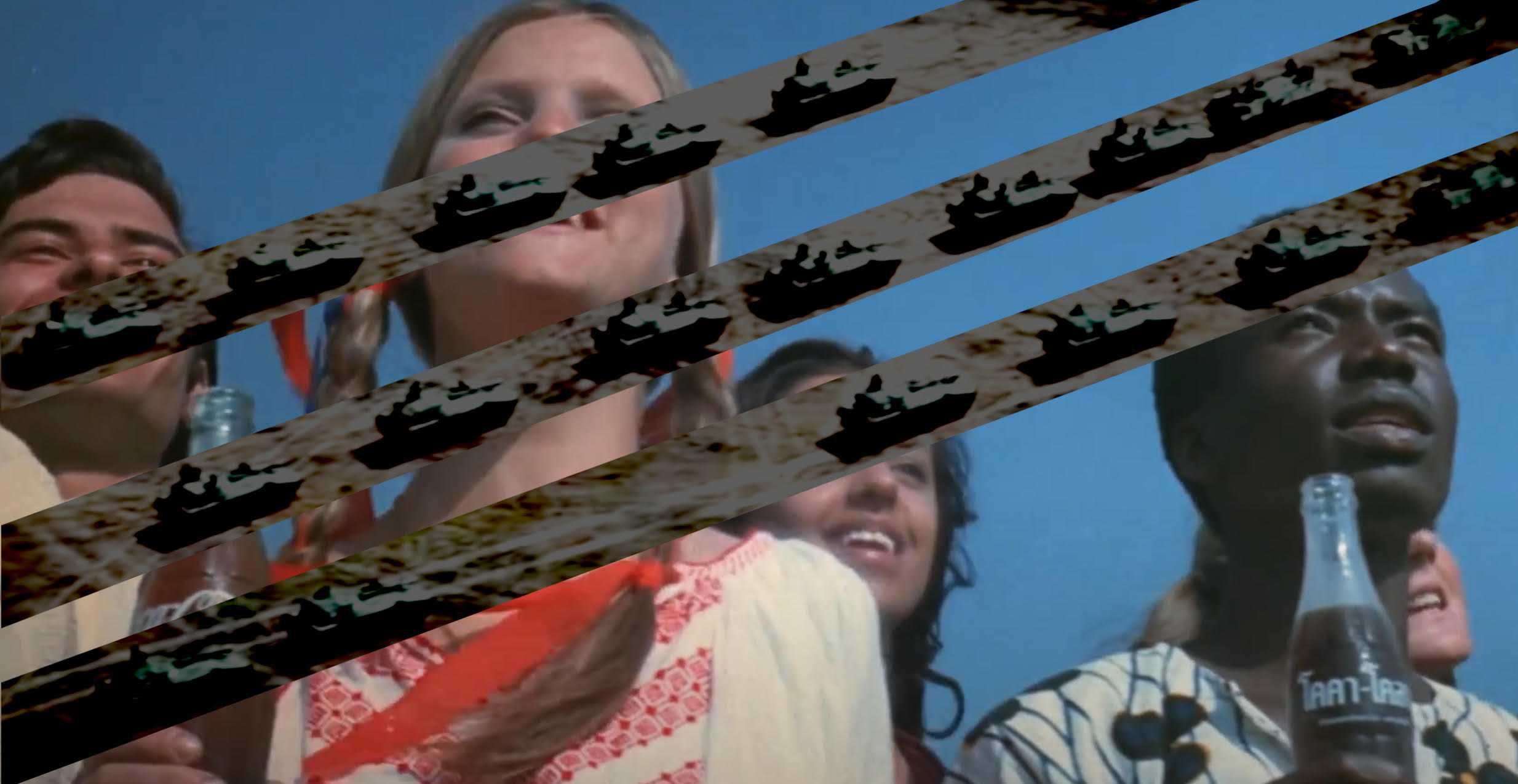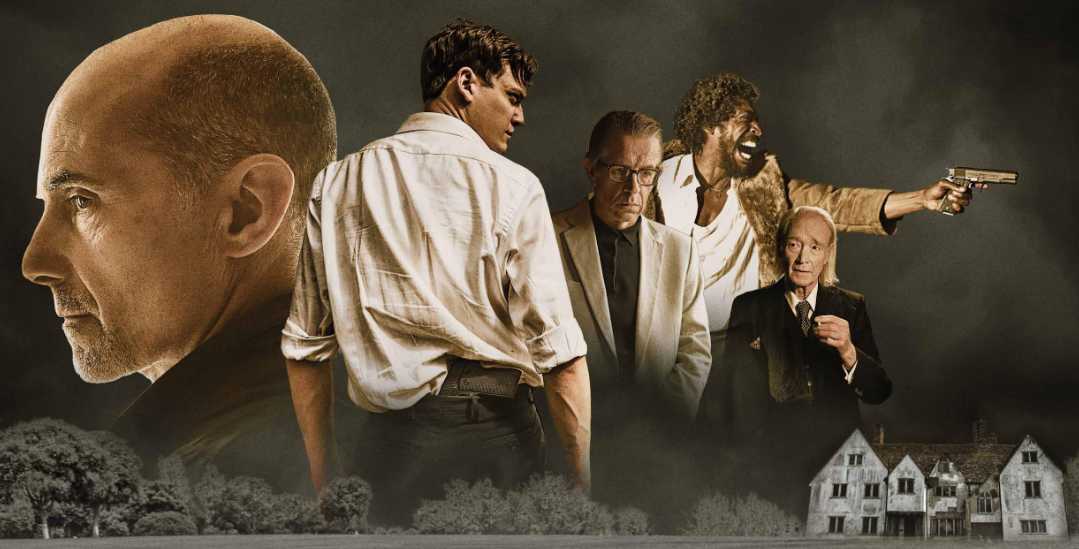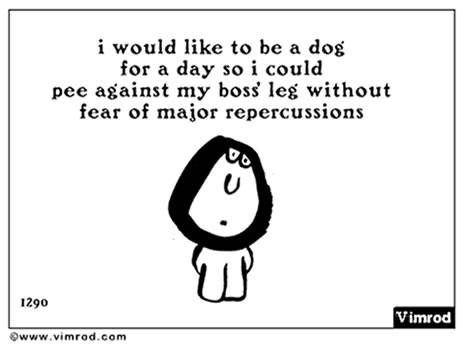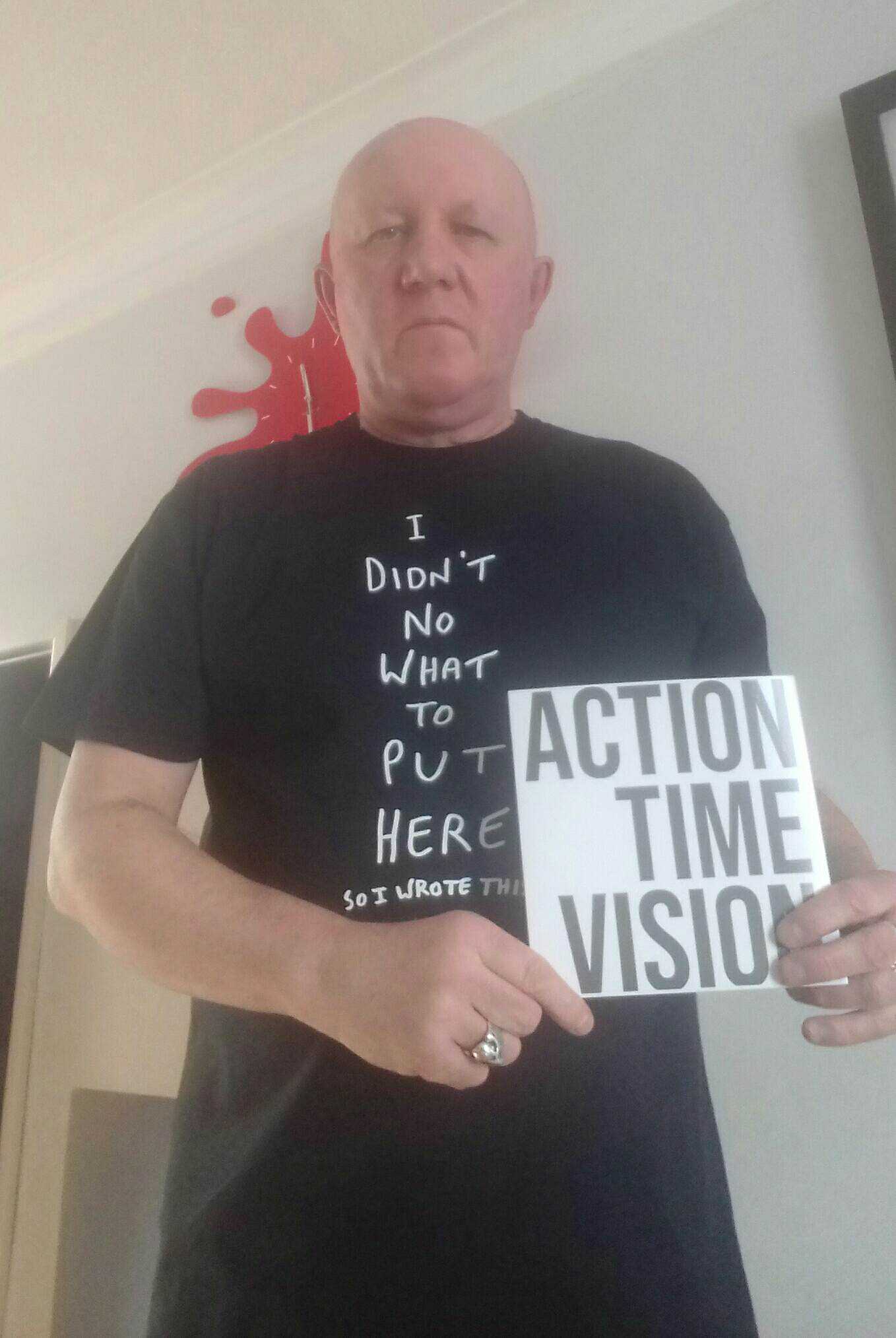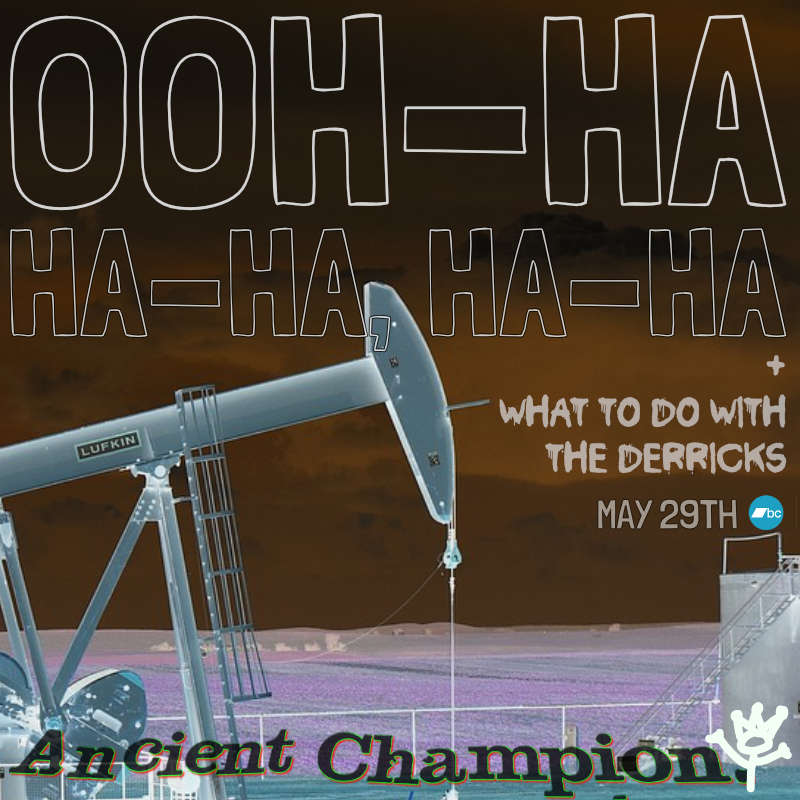Back in 1998 at around the time of the XO album I interviewed Elliott Smith for the UK style magazine Dazed and Confused. I hadn't been particularly aware of his work until the week before I conducted the interview when I'd been mailed the whole back catalogue. Since then I've listened to the albums a lot and in particular the posthumous From A Basement On The Hill album which remains one of my favourite records.
XO was his first album for a major label and we met up in the oppressively glitzy, chrome, leather and glass offices of Dreamworks in a road just behind Oxford Street in London. He seemed uncomfortable in the surroundings and only relaxed once we'd left his record company appointed assistant behind and gone to a neighbourhood pub to do the interview.
I liked Smith. He was charming and funny. This was the last interview of a long week of press on the back of months of increased US interest after the success of the Good Will Hunting film and his appearance at the Oscars. He bitched conspiratorially about having to answer the same dumb questions over and over again.
A lot of musicians will try and spin you the "All I care about is the music" line. More often than not its complete bullshit. The impression I got from Smith was that the songs really were the only thing that mattered to him. He couldn't have been further away from a career rock star.
When I asked him about the Oscars (as everybody HAD to ask at the time) he just laughed and told me about the TV crews who were coming up to him asking if his dreams had come true. He thought it was such a ridiculous thing to even consider that being on TV could be any kind of dream when all he wanted was to try and write a song that made him feel like I Second That Emotion made him feel.
What follows is an edited version of the interview, presented here because as far as I am aware it has never appeared on any of the numerous fan websites and I think that Smith says some interesting things about the way he worked. And because he was a nice guy who created some great songs. And because sometimes it's just right to remember the good guys.
(The interview begins here after we had been discussing his earlier days and I had asked Smith if his music had helped him cope with having to work in a succession of menial jobs)
ES: I didn't think that "one day this music is going to take off and I won't have to be here on my back covered in spiders putting up insulation". And I really don't think that now. I don't have to at the moment because I got lucky. But all the while I was digging ditches, moving trees, spreading gravel doing the jobs no-one else wanted I looked at it as 'well, by the time I die maybe I'll have hit on a good song or two' [laughs] It's like if I'm getting paid to go into Sunset Sound and record for a princely sum then that's great but if I have to pay $8 for two cassettes and record in my apartment then that's what I'll do. Really, the songs are the only important thing.
L: I'm interested in the structure of songs. How you put them together. You're put forward in the tradition of singer-songwriter. I don't really see that.
ES: A lot of people get hung up on this tradition of singer songwriters and think there is some grandness in pointing things out that are wrong with the world. I don't think my songs usually have a point. They're usually more descriptive, more impressionistic. Like a bunch of photographs burned into each other.
L: Right. Because when I listened to your earlier albums they reminded me of Raymond Carver more than anything else. And of course one of the things with Carver is that there is no big point. It's an essence. I'm thinking of the opening lines to Clementine for instance (They're waking you up to close the bar/ The street's wet you can tell by the sound of the cars/ The bartender's singing Clementine/ While he's turning around the open sign) It's a beautiful invocation of loneliness.
ES: I'm glad you see it like that. See, if I'm trying to do anything, if I have an idea for a song, before I start it's usually a picture. Like describe a picture; "Two people are in a room and one person has just insulted the other but the other one hasn't realised and the conversation has broken down and one person knows why but the other person doesn't.
L: The implication is that the character in the songs is you. All these broken relationships and fuck-ups. I see them as more observational than that.
ES: Well, I skip around points of view. First person, second person. Some things are better to sing in the first person. It depends on the song. Of course the songs have something to do with me. [laughs]
L:I mentioned Carver but I also thought about Edward Hopper's paintings. The way his paintings invoke this sadness and loss. A lot of your songs mirror this loneliness and, like the paintings, they are deceptively simple and sparse. [laughs] I'm really throwing you in with the big boys now.
ES: I'm interested in the way people interact but don't necessarily connect. Or don't connect fully. And you can't show the non connections without showing the little connections that happen. To use a potentially corny example: atoms are mostly space, there's very little material there. They appear to be mostly material but it's actually just space. It doesn't take much to make something seem real but on closer inspection it's very empty.
The interview originally appeared in a different form as "The Big Time? What's That?" in Dazed and Confused, 1998.
